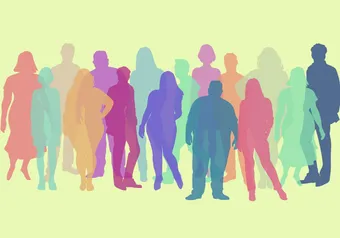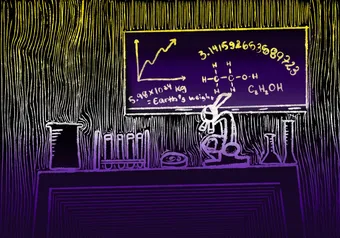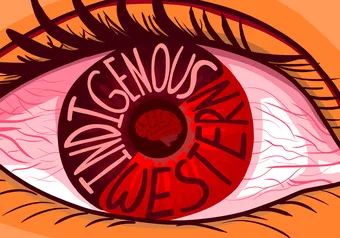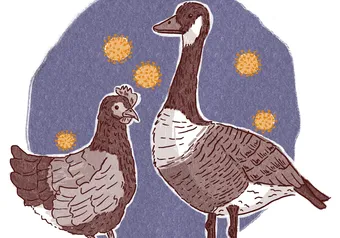BC Premier John Horgan announced today that the province is extending its state of emergency to be able to continue responding effectively to the pandemic. He did not say how long it would extend for.
There are 43 new cases of COVID-19 and 5 additional deaths from the virus in BC today, bringing the provincial total to 1,013. Of those cases, 476 are in the Vancouver Coastal Health Authority region.
Currently, there are 128 virus patients who are hospitalized and 61 of those are in critical care.
In today’s briefing, Provincial Health Officer Dr. Bonnie Henry and Minister of Health Adrian Dix addressed the province’s first large community outbreak, guidelines for peace officers, bylaw officers and first responders as well as the likely timeline for physical distancing measures.
The new outbreak originated at a West Kelowna nursery where a number of agricultural workers living on-site have tested positive for COVID-19. All symptomatic workers have been quarantined in their lodging and the business has been closed to the public. The Interior Health Authority is actively investigating the outbreak.
The first new set of guidelines the province is releasing give additional guidance to peace officers and bylaw officers to aid their enforcement of provincial health officer orders, although Henry stressed that the province is still treating such enforcement as a last resort.
The second set of guidelines aims to protect non-ambulance paramedic first responders — who often run calls with ambulance paramedics — from the virus. According to the new protocols, only paramedics will respond to medical calls unless additional support from police or fire services is absolutely required.
[Sorry, video not found. You can contact webmaster@ubyssey.ca to fix the issue]
In response to a question about how long provincial physical distancing measures are expected to last, Henry stressed that BC is still experiencing the first wave of the virus and this round of physical distancing could last well into the summer.
“We are going to be in some form of having to monitor and prevent transmission of this virus until we have a vaccine,” Henry said. “I do think it’s more and more less likely that we’re going to be able to get back to full normal life — which I miss a lot — before at least the summer and then we need to start preparing ourselves for the potential of a second wave in the fall.”
Stay up to date on UBC information related to COVID-19 by visiting ubyssey.ca/covid-19, the websites of the BCCDC, the Public Health Agency of Canada or the World Health Organization. The province has set up a dedicated COVID-19 phone line at 1-888-COVID19 or text at 1-888-268-4319. For updates on UBC’s response to COVID-19, visit ubc.ca/campus-notifications/
First online
Share this article








